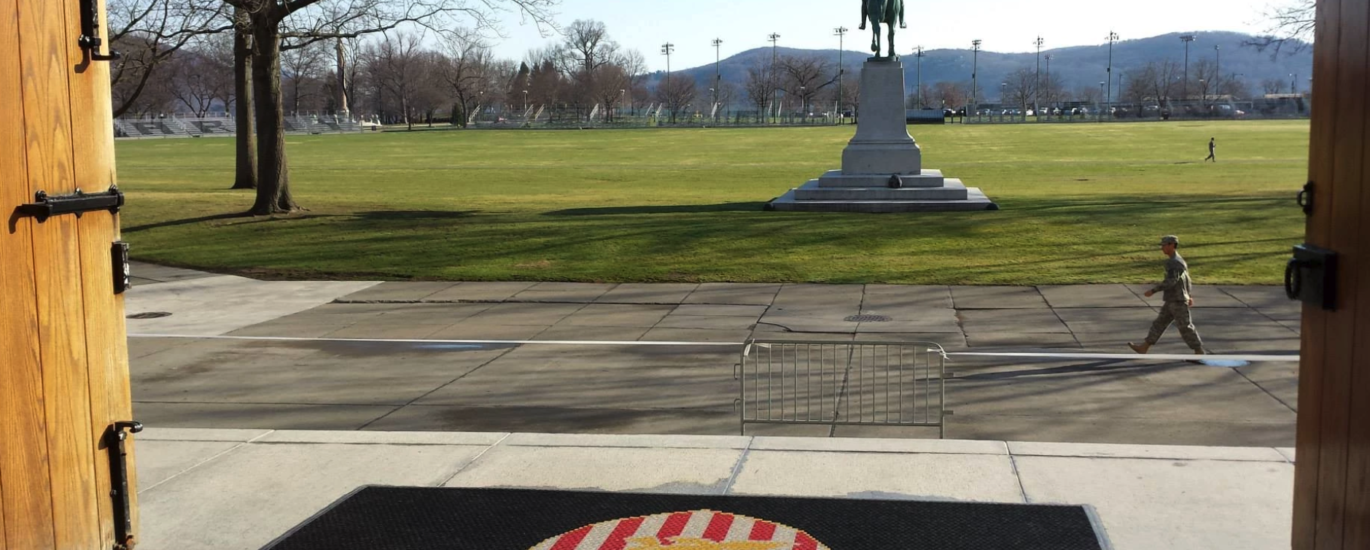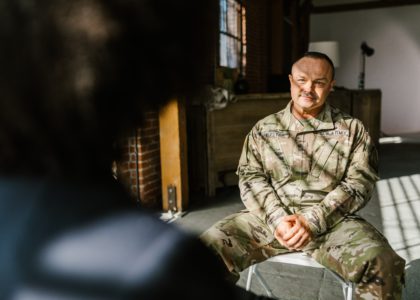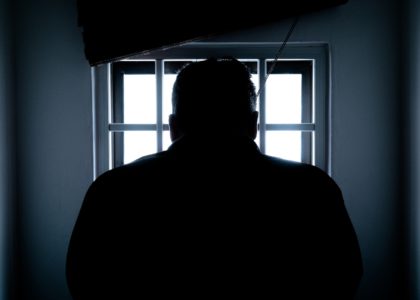By: Kunal Jha (Co-founder)
A cadet will not lie, cheat, steal, or tolerate those who do.
The United States Military Academy (USMA) at West Point takes honor very seriously. Cadets accused of violating the Cadet Honor Code must stand before a jury through an investigative process wherein they may be punished by expulsion, sanctions on all aspects of life, and removal of rank. I founded Project Reclass after I myself was found for an honor violation at West Point. I believe that someone’s past does not define them.
West Point trains their officers by giving challenging deadlines and workloads to teach prioritization and stress management. I was up late one night writing a Social Science paper. I knew I couldn’t finish reading my book, so I found text to support my thesis by leveraging summarizing material online. I didn’t bother to cite them since I knew these sources were not considered as credible as the original text, but my instructor knew the text and relevant resources well. He sat me down and explained to me that military personnel cannot afford to cut corners. By omitting the fact I was using online sources, I was being dishonest. The military runs on trust; single dishonest report can throw off an entire operation.

After speaking with him, I turned myself in to the honor committee, and an honor board ensued. My classmates judged me harshly for my infraction; I was sentenced to an extra year commitment to the academy and enrollment in the Honor mentorship program. West Point strongly views its role as a developmental institution, and the school determined I needed additional development to become an officer of character and integrity.
“The United States Military Academy (USMA) develops leaders of character who internalize the ideals of Duty, Honor, Country and the Army Ethic.”
West Point Character Development Strategy 2016
I was lowered to the rank and privileges of the cadet freshman, and could no longer leave or represent West Point in any capacity. Understanding that I was will lose my classmates while I remained was very hard. Camaraderie is instrumental to getting through West Point; sleeping in the rain, ruck marching 12 miles with 35 pounds of gear, getting tear gassed, getting grilled by upperclassmen as a freshman, celebrating little personal academic and physical victories, and more. All through these adversities I wasn’t bothered as long as I could laugh it off with my classmates. On top of the public humiliation, not getting to celebrate the end of something so rigorous and monumental with them shook me to my core.

Being left behind is hard.
Roaming the empty campus that summer reflecting on my mistakes rendered me the most unenthusiastic cadet in my company. In response, my leadership assigned me the role of Company Spirit Officer responsible for maintaining the morale of my fellow cadets. Focusing on a project turned out to be satisfying. Starting with a $200 investment to a company store selling energy drinks and snacks, I reached $20,000 in sales by the end of the year. Seeing the positive impact of my efforts in other cadets rekindled my sense of camaraderie and spawned an entrepreneurial mindset.
As part of my punishment, I was denied many opportunities to leave West Point, but my leadership did make an exception for a trip to the Eastern Correctional Facility in Napanoch, New York where my class partnered with the Bard Prison Initiative. Utilizing funding from the Second Chance Pell Initiative, Bard College provided Associate’s and Bachelor’s Degree Programs for inmates serving short sentences. The men I met there were studying to turn their lives around; and I came to realize that there are barriers to their successful reentry. While I was temporarily restricted and confined, I thought about the onerous barriers society places upon them when they are released. This exposure made me question how I could help and it stuck with me as I began my additional year. My one year turn-back became a six month turn-back when the school determined through my behavior and actions that I had sufficiently developed and was allowed to commission in December 2016.

Upon graduation, I was stationed in Camp Casey, Korea just south of the DMZ as a platoon leader. 2017 was the year that North Korea launched a series of ballistic missiles, conducted their most powerful nuclear tests to date, and the whole world thought we would go to war. Our unit was constantly in the field training and posturing. Maintaining the mental health of my soldiers and sergeants through the burnout of weeks in the field and heightened international tension helped me appreciate the resilience I developed at West Point. It was difficult to discipline individuals who were at their breaking point, but I quickly realized that tolerating infractions encouraged more infractions. Experiencing Korea outside the base was cathartic for me, and I began to organize trips for my soldiers. By the end of my time in Korea I felt more empowered to understand the difference between empathy and sympathy.

We are trained to lead, but war is not an exam you can study for.
Once done with my tour, I moved on to Fort Benning, GA where I started a masters in cyber security and applied to be reclassified to Fort Gordon’s cyber units. This is where the name RECLASS comes from. As I switched out of combat, I finally had a chance to reflect on what I saw around me. An avid reader of history and politics, I was worried about some of the soldiers getting out of the army into an uncertain economy. It wasn’t uncommon to see soldiers with no financial stability, no family, or no remaining ties with civilians… let alone an understanding of how to build a career. Each mattered deeply to me.
I remembered those students I met during my punishment, and visited a local prison to speak to their head counselor. I learned that although rehabilitation is a focus in Georgia, there are very few technical programs available. This particular medium security prison had an ‘honors dorm’ for veterans who exhibit good behavior during their sentence. I knew then that I wanted to work with these men who at one point raised their right hand like I did… who at one point made a mistake like I did.
Everyone deserves a second chance.

Kunal Jha is an Active Duty Army Officer and United States Military Academy graduate currently stationed in Augusta Georgia, working within the Cyber Center of Excellence. Committed to finding pathways to success for Veterans transitioning out of prison.





